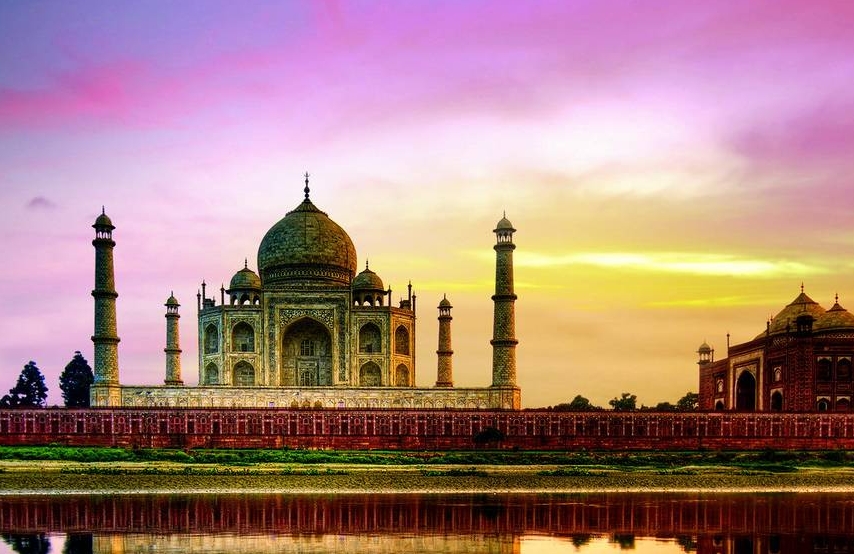 印度文化有哪些好的特点?(一)
印度文化有哪些好的特点?(一)
正文翻译

What are some good characteristics of the Indian culture?
印度文化有哪些好的特点?

What are some good characteristics of the Indian culture?
印度文化有哪些好的特点?
评论翻译

What are some good characteristics of the Indian culture?
印度文化有哪些好的特点?

What are some good characteristics of the Indian culture?
印度文化有哪些好的特点?
很赞 2
收藏